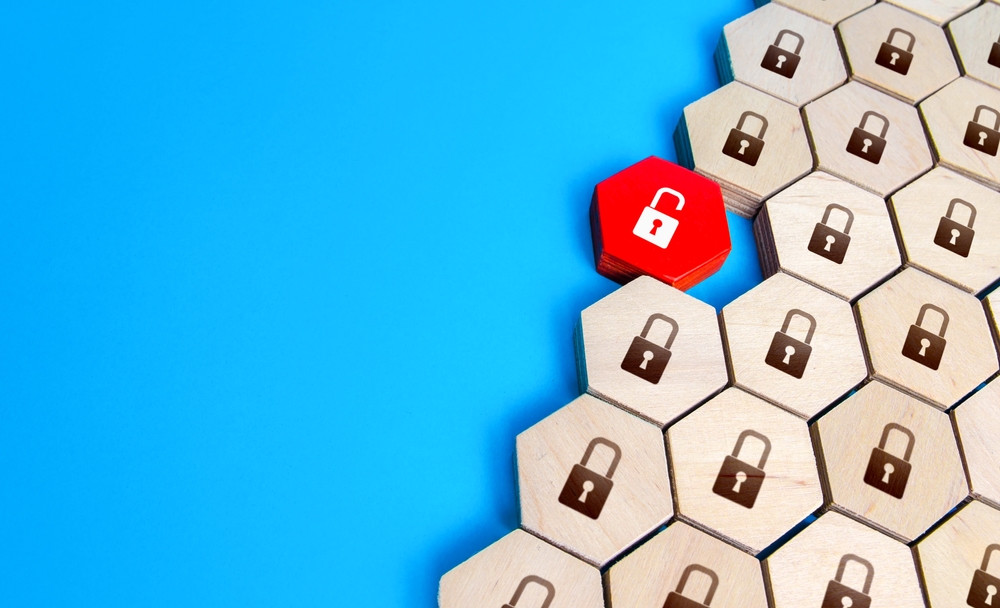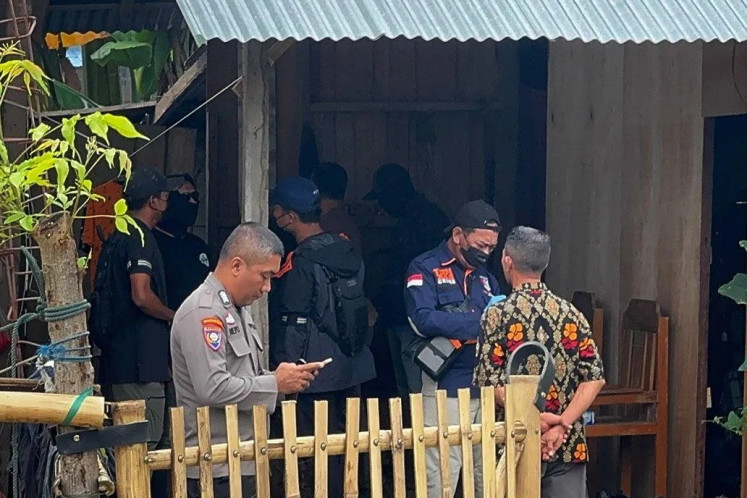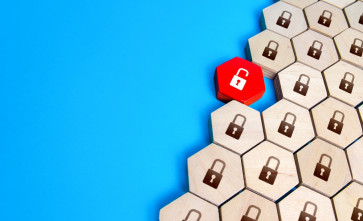Popular Reads
Top Results
Can't find what you're looking for?
View all search resultsPopular Reads
Top Results
Can't find what you're looking for?
View all search resultsIn defense of encryption
Encryption is under unprecedented threat from established democracies, which are inadvertently paving a dangerous path that the world’s autocrats are only too eager to follow.
Change text size
Gift Premium Articles
to Anyone
E
ncryption, the simple act of scrambling data so that it cannot be read by third parties, keeps us, our loved ones and our communities safe by protecting everything from private messages to online-banking details and medical records. It is the foundation of trust in our digital society, as crucial for personal security as it is for national security.
Despite this, encryption is under unprecedented threat from established democracies, which are inadvertently paving a dangerous path that the world’s autocrats are only too eager to follow. Specifically, policymakers in these countries often present strong encryption as being at odds with effective law enforcement. But this is a false choice. The reality is that we need legislation that protects people online while also maintaining the security infrastructure that safeguards our data. These goals are not mutually exclusive.
Policymakers continue to claim that creating “backdoors” for law enforcement, exceptional government access to encrypted communications, is necessary to help catch criminals. But cybersecurity research has consistently demonstrated the impossibility of building a backdoor that only the “good guys” can use. A backdoor is a backdoor.
The Salt Typhoon case, in which a Chinese government-supported hacker group gained access to US telecom systems by exploiting backdoors originally created for American law enforcement and intelligence agencies, should have sufficed to show that there is no way to control who exploits engineering vulnerabilities built into a system. However noble their aims, such tools will inevitably become a weapon that criminals, hostile state actors and malicious hackers can abuse.
Consider the European Union’s proposed Child Sexual Abuse Regulation, more commonly known as Chat Control, which would require providers to scan private communications to detect child sexual abuse material (CSAM). While the goal of protecting children from abuse is urgent and critically important, the proposal would compromise the confidentiality provided by end-to-end encryption.
Under the regulation, providers would have to implement client-side scanning, a technology that scans messages on users’ devices before they are encrypted and sent. If breaking encryption is like ripping open an envelope as a letter passes through the post office, client-side scanning is like having someone reading over your shoulder as you write it. The result is the same: privacy and confidentiality are lost. Moreover, client-side scanning would not stop CSAM, as perpetrators can circumvent scanning by zipping the photos or copying and pasting them into another file format.
Once such systems are in place, they create new vulnerabilities that hold implications for free speech. There is no guarantee, for example, that they will not be used to scan for other types of content, political dissent, union organizing or information that powerful actors want to suppress.



















